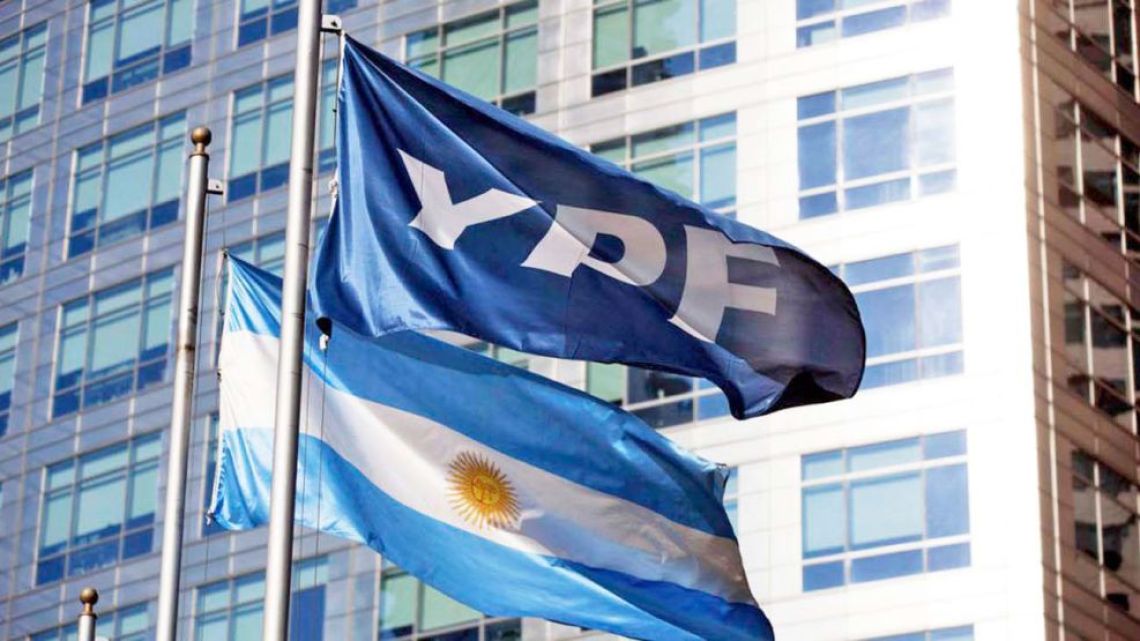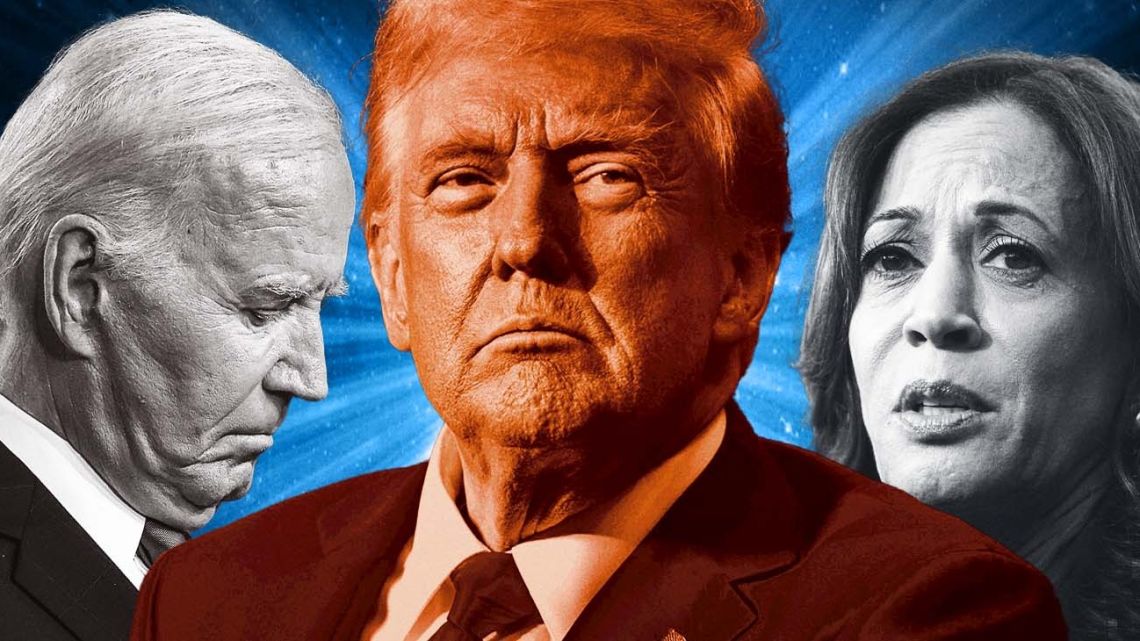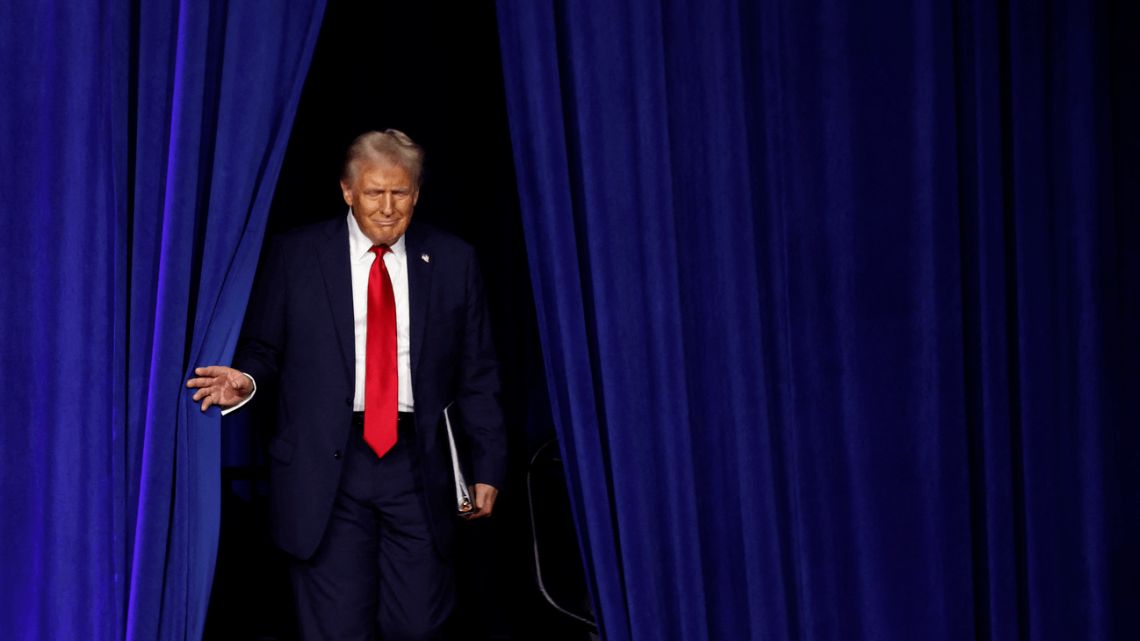The Brazilian stock market struggled on Thursday, November 7, 2024, as fiscal uncertainties continued to dampen investor sentiment.
Meanwhile, Wall Street extended its rally for the second consecutive day, buoyed by Donald Trump’s re-election and the Federal Reserve’s latest interest rate decision.
The Ibovespa, Brazil’s main stock index, closed down 0.51% at 129,681.70 points. Investors remained cautious due to reports of a modest government spending cut package.
CNN Brasil reported that the proposed cuts could range from R$10 billion to R$15 billion ($1.75 billion to $2.63 billion), falling short of market expectations.
Market analysts had anticipated cuts of at least R$30 billion ($5.26 billion) to maintain Brazil’s fiscal framework. The smaller-than-expected cuts raised concerns about the government’s commitment to fiscal responsibility.
 Ibovespa Faces Decline Amid Mixed Global Signals. (Photo Internet reproduction)
Ibovespa Faces Decline Amid Mixed Global Signals. (Photo Internet reproduction)This news overshadowed positive developments in the global markets. In contrast, Wall Street celebrated Trump’s victory and the Fed’s decision to cut interest rates.
The S&P 500 rose 0.74% to 5,973.10 points, while the Nasdaq advanced 1.51% to 19,269.45 points. The Dow Jones remained flat at 43,729.34 points, with all three indices reaching record highs during the session.
Federal Reserve Cuts Interest Rates
The Federal Reserve cut interest rates by 0.25 percentage points, bringing the target range to 4.50%-4.75%. However, Fed Chair Jerome Powell’s comments cast doubt on future rate cuts.
This uncertainty did little to dampen Wall Street’s enthusiasm for Trump’s pro-business agenda. Investors expect Trump’s second term to benefit risky assets like stocks, partly due to planned tax cuts.
However, concerns linger about potential inflation acceleration and higher interest rates due to large federal deficits and increased tariffs.
In the currency market, the U.S. dollar remained stable against the Brazilian real. After reaching a daily high of R$5.7237, the dollar closed virtually unchanged at R$5.6753.
The currency’s fluctuations reflected both domestic fiscal concerns and the Fed’s monetary policy decision. Rogério Ceron, Brazil’s National Treasury Secretary, acknowledged market anxiety regarding the spending cut announcement.
He stated that the government understands these concerns but refrained from commenting on specific initiatives until they became public. As global markets react to political and economic developments, Brazil faces a challenge.
The country must balance fiscal responsibility with economic growth. The coming days may prove crucial as investors await further details on the government’s fiscal plans and their potential impact on the country’s economic outlook.

 By The Rio Times | Created at 2024-11-07 21:54:10 | Updated at 2024-11-08 01:08:40
3 hours ago
By The Rio Times | Created at 2024-11-07 21:54:10 | Updated at 2024-11-08 01:08:40
3 hours ago




/cdn.vox-cdn.com/uploads/chorus_asset/file/25709978/Credit__Luis_Yan_ez___ED_DSC00150.jpg)



